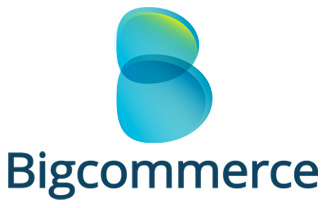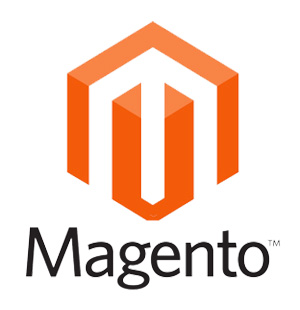Online is easily the fastest growing aspect of the retail sector. More and more businesses are using digital platforms to sell their products, or creating new online retail brands, and there are various ways to go about this butr most options include having ecommerce platform.
Firstly, you can build your website entirely from scratch. This involves a great deal of time and web development know-how. A completely different approach is to set up a merchant ‘stall’ as part of one of the major online marketplaces, such as Amazon, Rakuten’s Play.com or eBay. This can be done much more quickly, and at almost no expense in terms of development, but there are some drawbacks: You are entirely at the mercy of the marketplace, and it greatly minimises your chances of building your own brand.
The other option is to use an ecommerce platform to create a standalone site. This cuts out the programming needed to develop an ecommerce site from scratch, while at the same time giving you total control of your website’s design and functionality. Any newcomer to online retail seeking to establish a distinctive brand with a good reputation, as well as gain repeat customers and plenty of positive word of mouth, can easily see the benefits of this approach.
With an ecommerce platform, there’s no need for an army of programmers and developers. In fact, because ecommerce platforms tend to also offer a range of design templates, it may not even be necessary to employ the skills of a single web designer or developer. All it takes is a small team of reasonably web-savvy personnel, and you can have a fully functioning online store in a comparatively short space of time.
There are a number of different ecommerce platforms available, and each has its own distinct offerings, advantages and drawbacks. They tend to be license-free, although all of them really come into their own when fully customised. A variety of solutions are on offer, from basic budget offerings to high-powered scalable platforms that can link into real-time stock management. But what is right for one retailer may not suit another, and it can hard to gauge which platform is the most suitable. Three of the major players in the ecommerce platform market are Shopify, Bigcommerce and Magento. Here’s a quick rundown on the pros and cons of each.

A lot of small online retailers and start-ups swear by Shopify, principally because it is easy to set up and use. Plus, it is a hosted solution, which means that you won’t need your own servers to host it. As a result, Shopify is ideal for small enterprises with little or no in-house web development expertise. Naturally, it does have its drawbacks: Shopify does not come cheaply, largely due to the hosting costs, and there is no migration whatsoever. This means that should you choose to switch your platform provider, your entire store and all its relevant data will be deleted permanently. There are also transaction fees with Shopify, which vary according to the price plan. Basic plans have 2% transaction fees, for Professional plans it is 1%.

Like Shopify, Bigcommerce is known for being easy to use. Those with no experience of web design or development, or even of online retail, can set up a website in a very short space of time. Bigcommerce’s pricing plans tend to come at a lower rate than Shopify’s, and there are cheaper deals for smaller stores. A major advantage for Bigcommerce is that SEO is central to its offering. A built in blog, automatic XML sitemap generation and search friendly URLs all come as standard. On the downside, Bigcommerce isn’t so hot on design, the template’s tend to be fairly average-looking, and there is limited scope for customization, which means that you have fewer options to improve, tweak and develop the site as it grows.

The biggest, and for many the best, the most striking thing about Magento on first inspection is that it is also free. As an open source platform, Magento is highly scalable and powerful, and it comes with an almost limitless supply of extensions. Popular with both start-ups and larger retailers who are switching to online, Magento is also known for being search engine friendly, giving it that all-important edge when it comes to SEO. Unlike Shopify, Magento is a self-hosted platform, which means that you will need to host it on your own servers – but that is why it’s free. As the industry standard for ecommerce platforms, Magento is used by thousands of retailers around the world, including Nike, Paul Smith and Harper’s Bazaar.